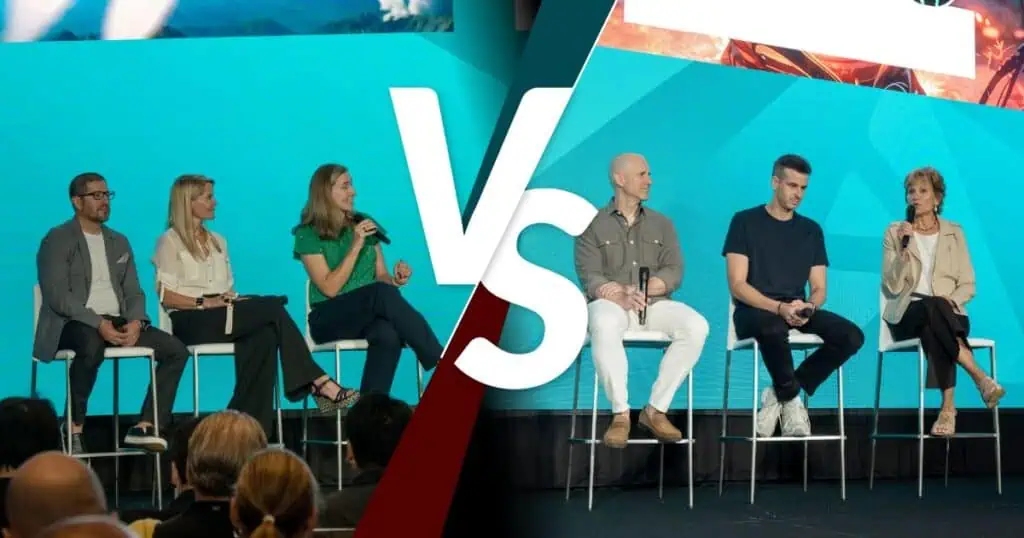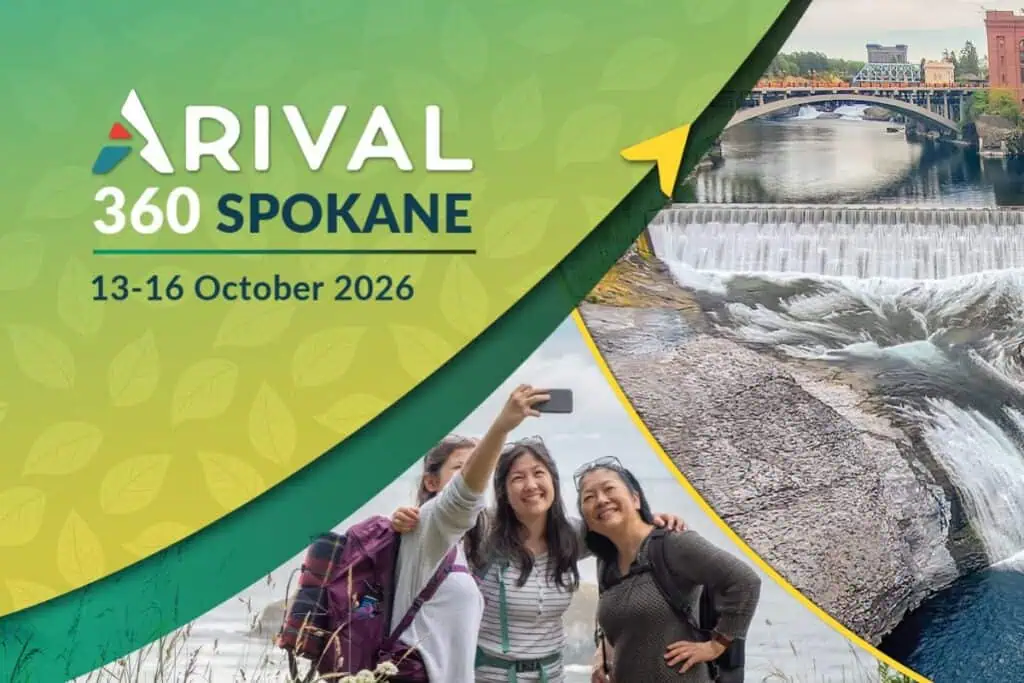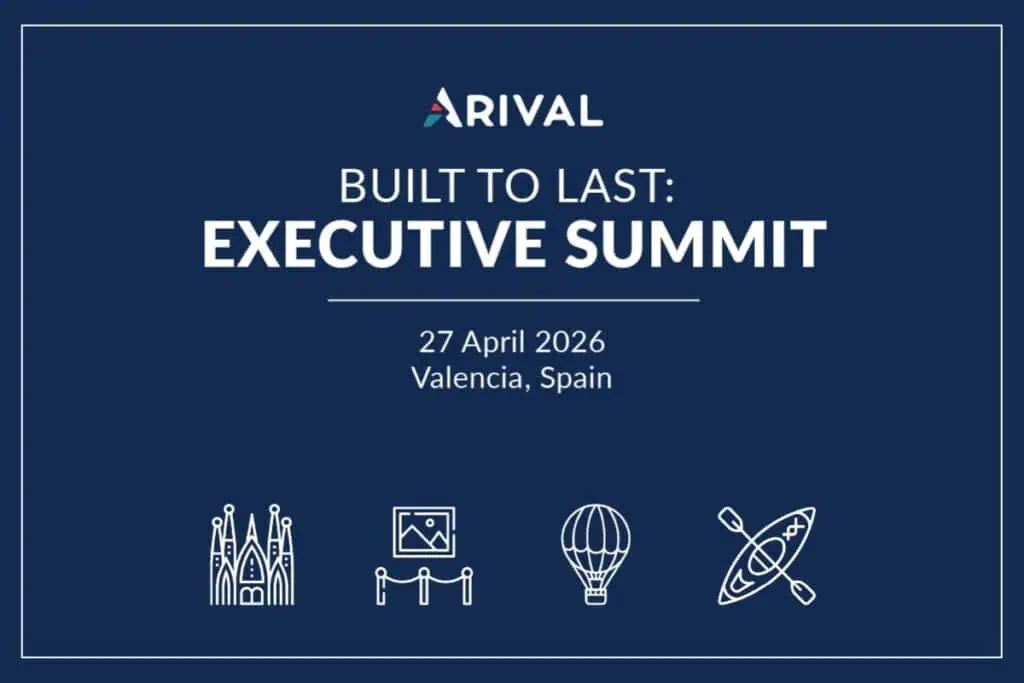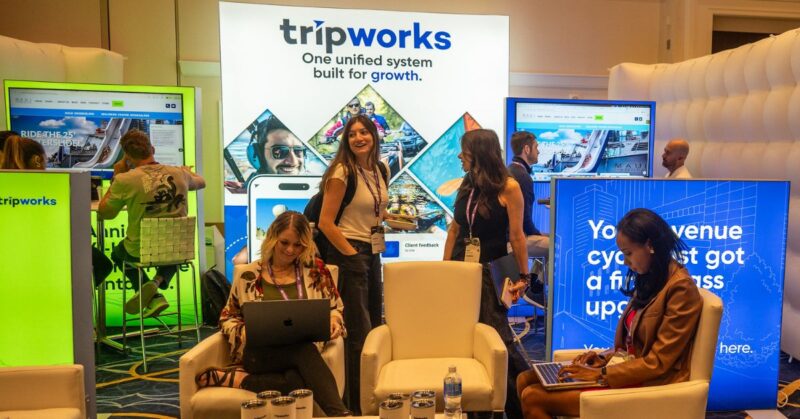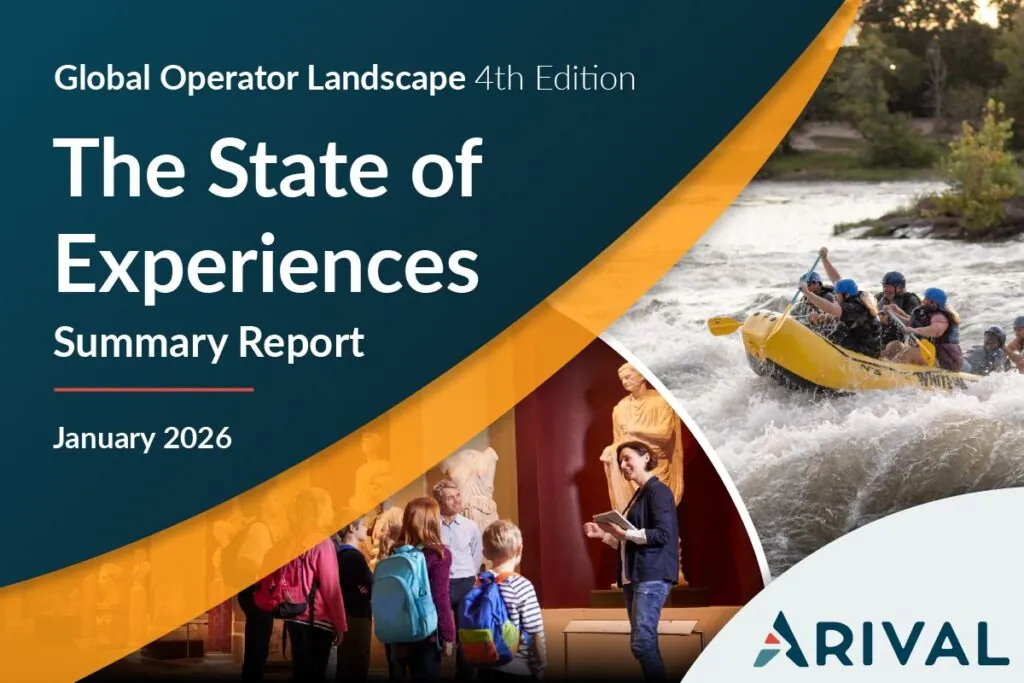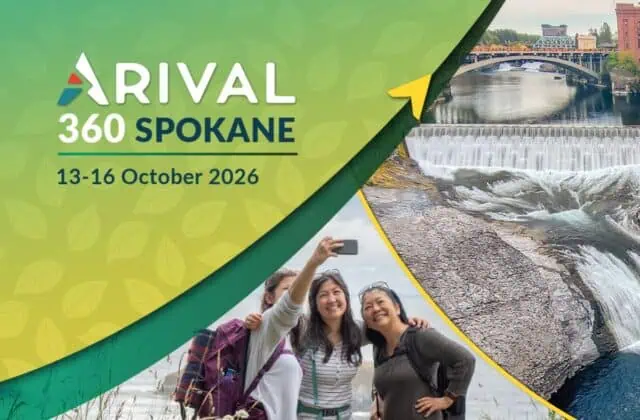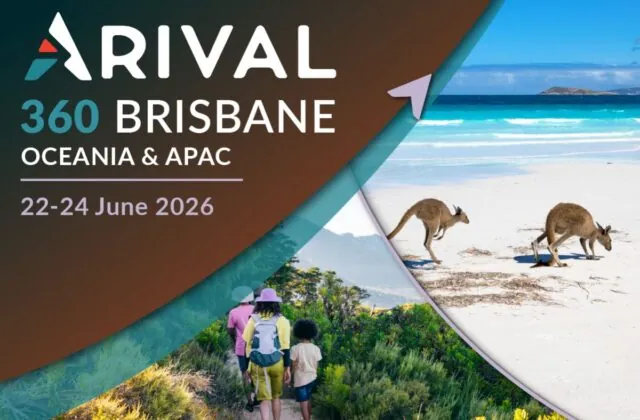It’s a new spin on a familiar question for the AI era: online travel agencies (OTAs) or direct bookings?
As AI reshapes how travelers search, choose, and book, the distribution landscape is getting a major shakeup. So “The Great Debate” that took place during the AI Forum for Destination Experiences sought to explore this tension: Will AI agents and smarter tools tip the scales toward direct bookings? Or will distributors and global platforms tighten their grip with scale, data, and engineering muscle?
Here’s what the two sides had to say. (Full disclosure: in the spirit of the AI era, I had AI help me summarize their arguments!)
Team Direct Booking: “No Middle, Just Magic”
The industry leaders advocating for “Team Direct Booking” argued that AI will shift power toward suppliers, who control the most accurate and up-to-date data on pricing, availability, and content. They suggested that loyalty will increasingly reside with AI agents rather than OTAs, and that operators can leverage agility and niche experiences to capture travelers’ attention directly. Overall, they argued direct channels are better positioned to thrive in an AI-driven, personalized travel ecosystem.
Lori Timony: Why Suppliers will Own the Customer in the AI Booking Era
Lori Timony, SVP of Global Trade Sales at Go City, argued that artificial intelligence will shift distribution power from OTAs to suppliers. As AI “collapses the funnel,” travelers will move away from traditional searches and rely instead on AI agents for instant recommendations.
“Whoever owns the customer at the moment of search is gonna be the winner,” said Timony, “and I think that’s the supplier.”
Timony believes suppliers will win in this environment because they control the most accurate data—pricing, availability, and content—that AI systems will depend on. She also expects loyalty to move from OTAs to AI agents, which will understand travelers more deeply. With suppliers paying high OTA commissions, she said they have strong motivation to invest in direct booking technology. Over time, OTAs may become backend infrastructure providers while AI takes over as the new aggregator of trust and value.
Oliver Green: Niche Experiences and Personalized Content Will Win Hearts
Oliver Green, Chief Marketing Officer at Carpe Diem Tours, reinforced the advantages of direct distribution for suppliers. He argued that operators’ control over content, pricing, and imagery allows them to move faster and present more personalized experiences—qualities AI agents will prioritize when recommending activities.
“ When you have these agents that are looking for something that is personalized to the person,” said Green, “they’re gonna look at the operator’s websites.”
He also highlighted the potential for niche products to stand out, noting that smaller operators can reach customers directly through social media, while OTAs tend to focus on major attractions that drive volume. This flexibility, Green suggested, positions suppliers to capture attention and demand in a more personalized AI-driven marketplace.
Rudi Thun: The Connected Trip and How AI and UX Are Changing Everything
Rudi Thun, Chief Operating Officer at Mindtrip, emphasized how AI will transform the entire online experience. He predicted that traditional browsing and siloed categories like hotels or tours will disappear, replaced by new, conversational interfaces and data protocols. This shift could finally make the long-discussed “connected trip” a reality, where every stage of travel is integrated.
“In an AI travel world, the connected trip, which has been elusive for the last 20 years finally becomes a reality,” said Thun. “And the companies that I think are gonna win, it’s the supply, but really the LLMs are gonna be in a great spot because all the traffic is ultimately gonna go there.”
Thun said companies that adapt quickly to these new UX models and build experiences on top of large language models (LLMs) will thrive, while OTAs risk losing relevance if they fail to evolve. In his view, the future belongs to both suppliers and AI platforms that can leverage these emerging technologies.
27-29 April 2026
Insider Pro Access Members Save 20%
THE event of the year for the European in-destination experiences industry
Save up to €610 with a Winter Special Ticket!
Team Distribution: “Booked and Boosted”
The “Team Distribution” proponents of distribution platforms maintained that OTAs and resellers will continue to dominate because of their scale, structured data and technical resources. They noted that suppliers remain fragmented, slow to adopt new technologies, and unable to match the breadth of user reviews and seamless execution that large platforms provide. Distribution partners, they argued, will be essential for connecting travelers to experiences and will form strategic alliances with AI platforms to maintain their growing lead over direct channels.
Kristin Dorsett: Scale, Data, and Reviews Will Keep OTAs in Control
Kristin Dorsett, COO of Viator, argued that distribution platforms will remain vital players in the travel ecosystem, largely due to their scale, data, and adaptability. She pointed out that OTAs hold vast amounts of structured data—the exact input LLMs require to operate effectively. With over a billion reviews and millions more added monthly, Tripadvisor can offer authentic, large-scale user insights that no individual operator can match.
“ TripAdvisor has over a billion reviews and millions more coming in every month, and the LLMs want real opinions from real people,” said Dorsett. “And we can provide that at enormous scale that an individual operator will never be able to do.”
Dorsett also emphasized that platforms like Viator have entire engineering teams capable of quickly redirecting resources toward new technologies such as agent-to-agent integrations and emerging data protocols.
“The supplier and the on the ground provider is of course going to be very, very important,” concluded Dorsett. “You’re the ones providing the experience, but we’re still gonna be a key part of connecting you to travelers.”
Carrie Keplinger: Super Apps and Smart Discovery Give Distribution the Edge
Carrie Keplinger, Vice President and GM of Tours and Attractions at Groupon, made the case that distribution will actually expand in the coming years. She outlined three key reasons: first, the “AI execution problem.”
“I think the suppliers are gonna be focused inward while they try and use all these new tools and figure out the next step for them,” explained Keplinger, “and in the meantime, they’re gonna need distribution more than ever.”
Second, she predicted that the near future will be dominated by “super apps” and major brands that integrate discovery, booking, and sharing within a single platform—creating seamless, AI-powered ecosystems.
Finally, Keplinger argued that discovery will not disappear in an AI-driven world but will become more specialized. While suppliers may gain more direct bookings, resellers will remain essential for expanding reach and managing different customer segments.
Dan Flores: Fragmentation Hands the Advantage to Big Platforms (Sorry)
Dan Flores, VP of Sales and Head of Tourism at Satisfi Labs, offered a more blunt (or spicy) assessment, appealing to operators as a fellow former operator before dropping his truth bomb.
“I used to be a supplier, and god, I want you guys to win, but you’re not,” he said. “And I’ll tell you why.”
Flores continued, arguing that suppliers simply won’t be able to overcome fragmentation and slow technology adoption. He noted that roughly 40% of suppliers still lack bookable connectivity, and many websites remain poorly structured or outdated. Historically, he said, large companies with scale and funding have always prevailed, and there is little reason to expect this time to be different. Flores predicted that major distributors will secure partnerships with large language model providers, locking in their influence over traffic and bookings.
While he expressed genuine support for suppliers’ efforts to innovate, he concluded that the realities of data quality, resources, and coordination mean the big distribution players are likely to win out. “Sorry,” he said in closing.
Continue the Debate and Keep Up on AI with Arival
If you have strong feelings about any of what was just said, or curiosity about what comes next, do check out the full debate, available on-demand here for Insider Pro Access members. And don’t miss the next Arival events, where we’ll continue the conversation on the latest with AI and how the experiences sector is adapting to meet the challenges and opportunities of the AI era.
Become an Insider Pro Access member today and get access to the full library of Arival research, plus many other benefits such as free consulting sessions, special discounts and 20% off in-person events, starting from $179 per year.
Sign up to receive insights tailored for the in-destination industry as well as updates on Arival.


